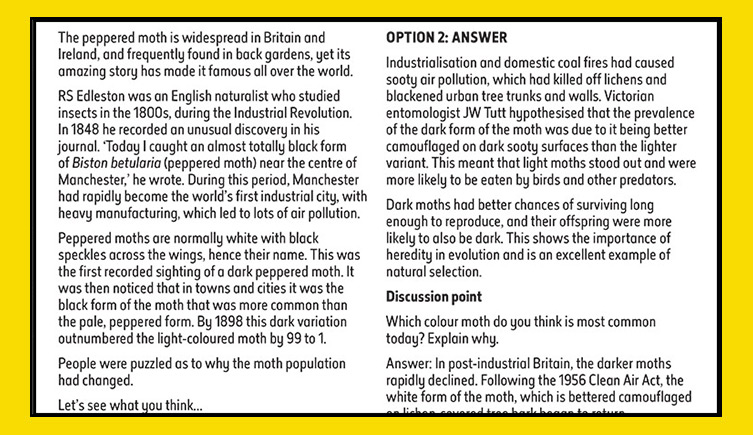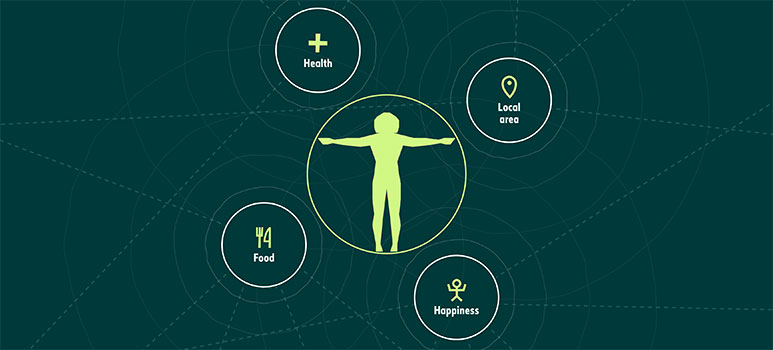Third Level Scientific Skills
Inquiry and Investigative Skills:
Plans and designs scientific investigations and enquiries:
- Demonstrates initiative and increasing independence in identifying a number of key questions and in formulating aims, predictions and hypotheses based on information, observations and knowledge.
- Designs procedures to test a hypothesis and identifies the independent, dependent and controlled variables, with limited assistance.
Analyses, interprets and evaluates scientific findings:
- Selects appropriate methods to record data/information and demonstrates increased precision in use of terminology, units and scales.
- Interprets and analyses data and information to establish relationships between the independent and dependent variables and links to the original hypothesis.
- Establishes links between the findings, aim and hypothesis.
- Relates findings to scientific knowledge and understanding.
- Draws a conclusion based on results gathered and in relation to the aim.
- Begins to consider alternative explanations and applies or extends conclusions to new situations or to identify further studies.
- Evaluates a range of aspects of the inquiry/investigation, including the relevance and reliability of evidence, and suggests at least two ways of improving the methodology, if repeated.
Presents scientific findings:
- Communicates effectively in a range of ways, for example, orally and through scientific report writing.
- Provides supporting evidence and quotes and acknowledges sources with limited assistance


